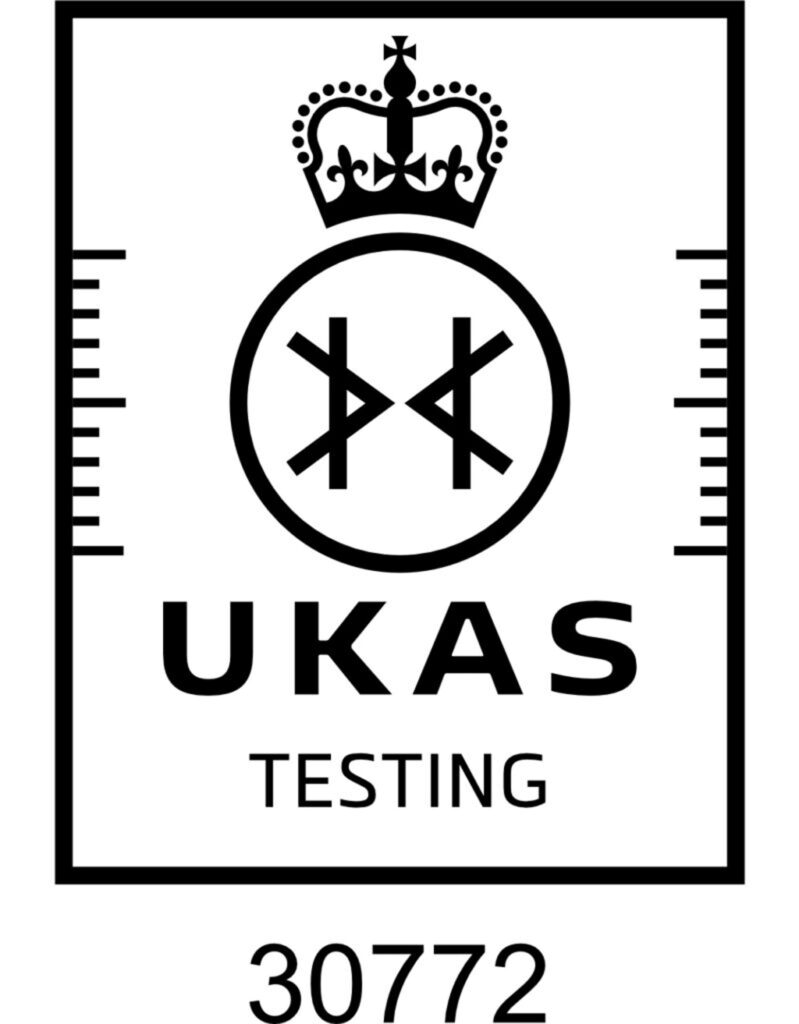
The Water Permeability Apparatus is used to assess the depth of water penetration under pressure in concrete specimens. This test is essential for evaluating the concrete’s resistance to water ingress, which can affect the durability and long-term performance of structures.
Water permeability testing is a critical measure of concrete’s resistance to water ingress, helping ensure the longevity and performance of concrete structures exposed to moisture.

AMTEST UK Ltd delivers top-tier services to civil engineering and infrastructure clients across the UK, backed by expert in-house concrete consultants.
Unit A 2D/6, Project Park, North Crescent, London E16 4TQ
The Water Permeability Apparatus is used to assess the depth of water penetration under pressure in concrete specimens. This test is essential for evaluating the concrete’s resistance to water ingress, which can affect the durability and long-term performance of structures.
Water permeability testing is a critical measure of concrete’s resistance to water ingress, helping ensure the longevity and performance of concrete structures exposed to moisture.